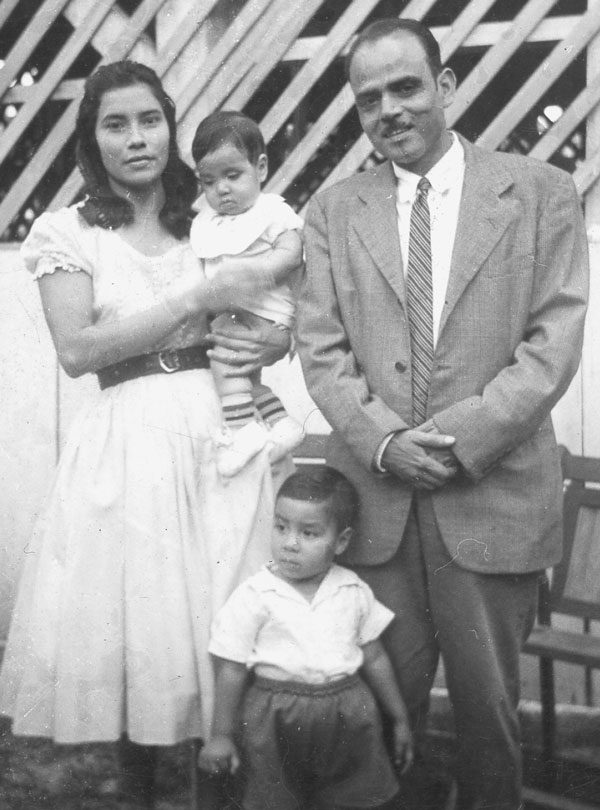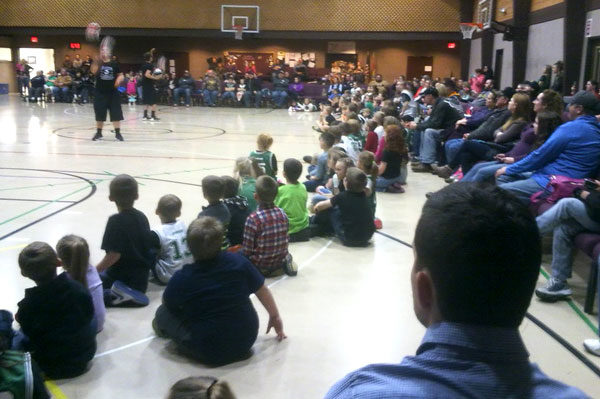March 11, 2017
|
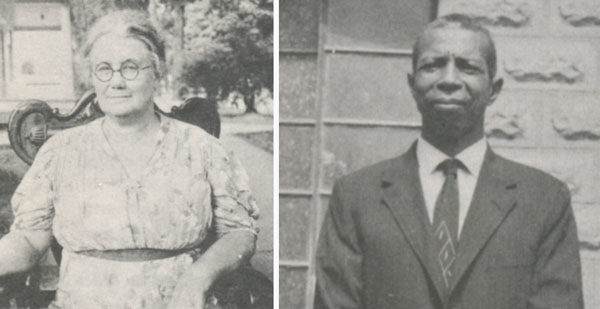
Abbie Swales and Henry Becker
On March 11, 1916, Abbie Swales began her first term as a United Brethren missionary in Sierra Leone. She would serve a total of five terms up through 1941, all of it at the girls’ school at Bonthe.
Throughout those years, Abbie knew a Sierra Leonean named Henry Becker. Henry was one of their brightest, most spiritual young ministers. He became a highly successful minister and evangelist in the Gbangbaia area.
World War I brought high prices for all kinds of products, and Henry was drawn to the opportunity to make money. He left the mission staff and became a successful trader. Along the way, he drifted into polygamy. However, despite his backslidden condition, Henry continued attending church services, which meant continual contact with missionaries.
They all worked on Henry, trying to bring him back to the Lord. But he was thoroughly entangled in business matters and polygamy, and though he felt God tugging on his heart, he didn’t know how to extricate himself. One Sunday morning at the end of the service, he stood and told the young men in the congregation, “You know what I once was and what I am now. I beseech you, do not follow in my footsteps. Be true to the Lord.”
This struggle continued for years.
As Abbie Swales began her final term in 1937, she developed a special burden for Henry Becker. She contended, “He once knew the Lord. He HAS to return to Him.” For the next three years she prayed for him and pleaded with him, but he remained unmoved.
Finally, the time came for Abbie to leave Sierra Leone for what would be the last time. While waiting for a ship, she spent three weeks living with missionaries George and Daisy Fleming in Gbangbaia. Every day, she walked down the hill to Henry’s house to urge him to return to the Lord. And every day, the Flemings watched her come back in tears, her mission a failure.
The day Abbie departed for Freetown, she told George Fleming, “I am committing Henry Becker to you now. Don’t forget about him. He MUST come back to the Lord.”
Some days later, Fleming paid a visit to Henry Becker. He found Henry sitting at a table with a letter in his hands–a letter which Abbie had written in Freetown before leaving the country. Henry had just received it that morning.
After reading the letter, Henry said to himself, “What can you do with a woman who won’t give up on you?” He then knelt at the table and surrendered himself to the Lord. When Fleming showed up shortly thereafter, he told him what had happened and said, “I have committed what is left of my life to Him.”
Within six months, Henry Becker was back in the ministry, and remained there for the rest of his life. Fleming wrote, “I never heard him preach an evangelistic sermon that did not bring a response. Ever since his return to the Lord, he has been making up for lost time.”
Becker continued serving as a minister into his 80s, and became known as “the grand old man of the conference.” He passed away in his 90s. Fleming described him as ”a grand Christian gentleman, beloved by all.”
Abbie Swales passed away on Christmas Day, 1965.
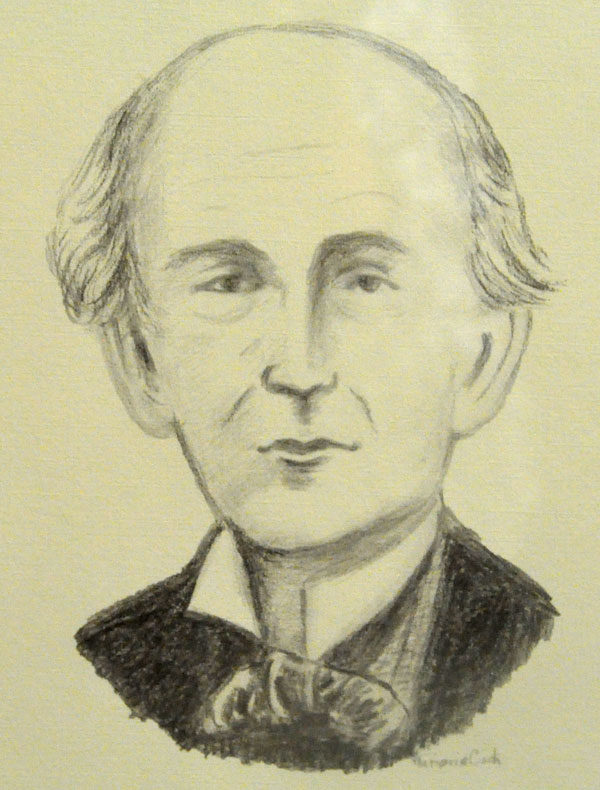


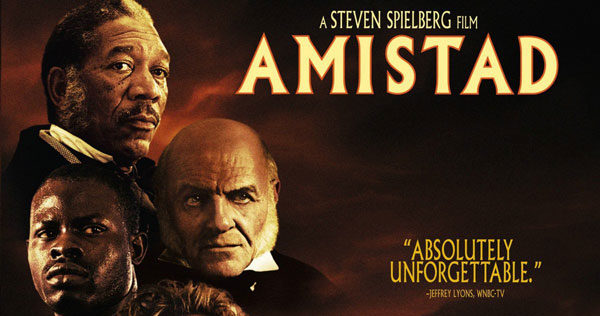
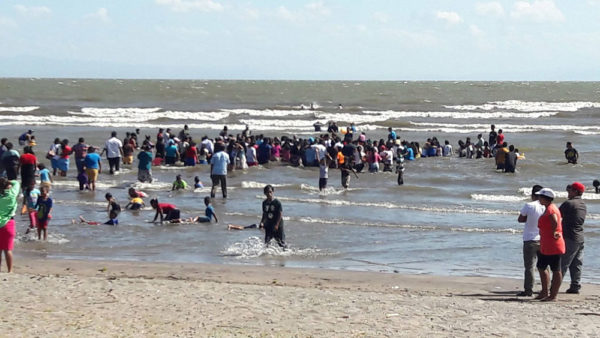
 On Monday, March 6, Linda Smith was taken to the Hillsdale Hospital (Hillsdale, Mich.) with what appeared to be stroke-like symptoms. Doctors determined that Linda is experiencing some type of brain bleed, and she was transported to a hospital in Kalamazoo. The Smith’s pastor the Hillsdale UB church.
On Monday, March 6, Linda Smith was taken to the Hillsdale Hospital (Hillsdale, Mich.) with what appeared to be stroke-like symptoms. Doctors determined that Linda is experiencing some type of brain bleed, and she was transported to a hospital in Kalamazoo. The Smith’s pastor the Hillsdale UB church.